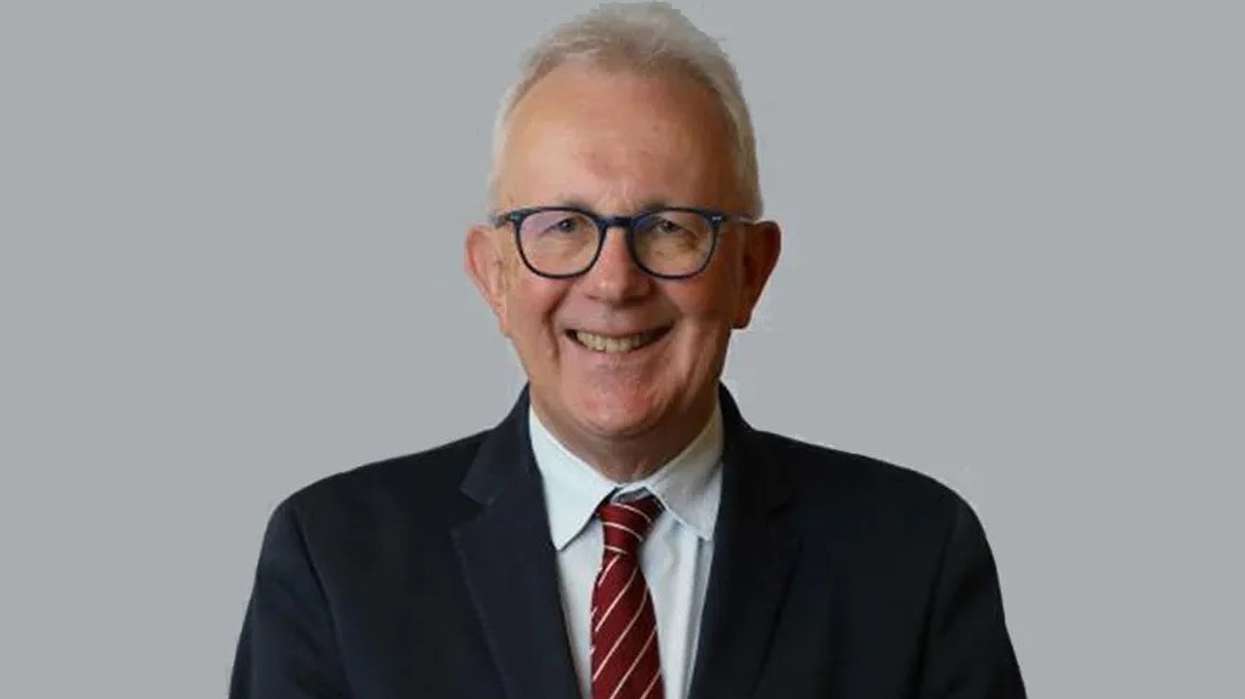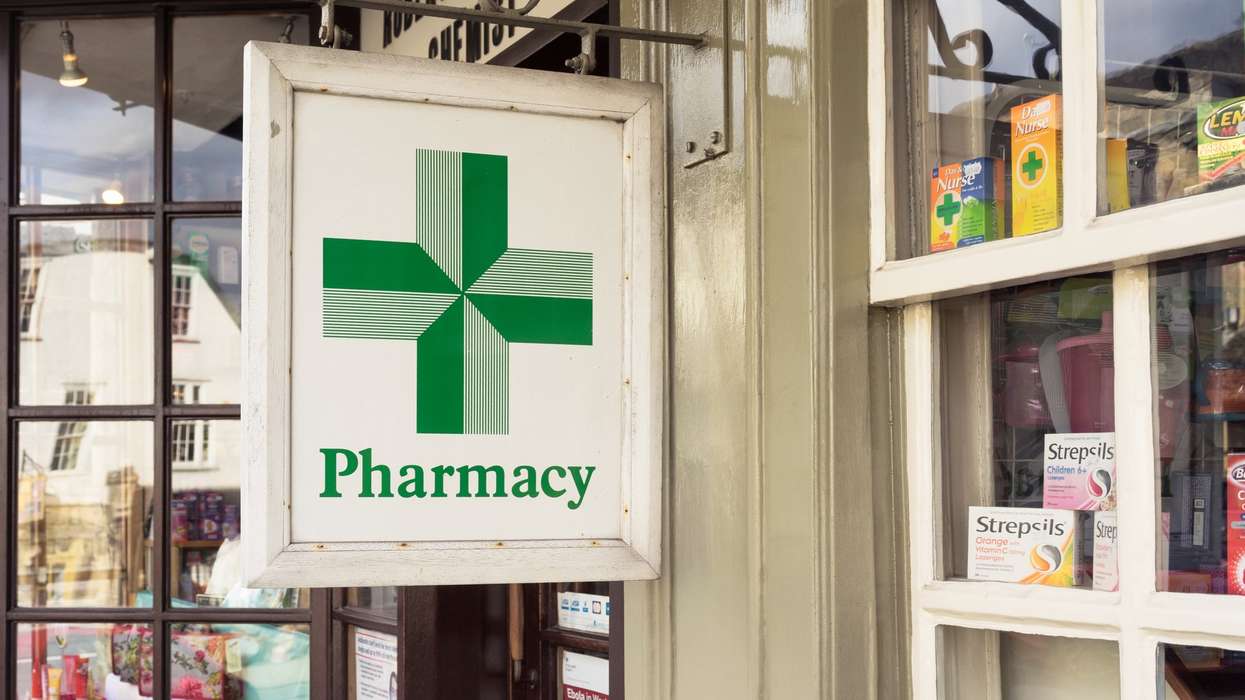This award recognises Sion’s remarkable contributions to the advancement of the science of medicines and clinical pharmacy
The Royal Pharmaceutical Society (RPS) has announced Sion Scott, a lecturer in behavioural medicine and lead postgraduate research tutor at the University of Leicester, as the winner of the 2024 ‘Outstanding Pharmacy Early-Career Researcher Award’ (OPERA).
Granted by the RPS and The Pharmaceutical Journal, the award recognises early-career researchers from across pharmacy and the pharmaceutical sciences who demonstrate potential to achieve world-leading status.
Scott emerged as the top candidate among five shortlisted nominees. He was selected for his research that leverages behavioural science to facilitate the routine proactive deprescribing of medicines where the risks outweigh their benefits.
Developed during his PhD, this innovative approach to deprescribing is currently being trialled as part of the ‘Comprehensive Geriatrician-led Medication Review’ (CHARMER) research project. Scott is a co-investigator and programme manager of the project, which involves 22,000 patients in 24 hospitals across England.
Scott commented: “I am delighted to have been recognised by my professional body, the RPS, for the contribution that my research is making to the advancement of the science of medicines and clinical pharmacy.”
“The 2024 ‘OPERA’ prize recognises the importance of applying behavioural science to address medicines optimisation challenges and is a culmination of a portfolio of collaborative projects both here in the UK and internationally.”
In addition to his work on deprescribing, Scott has developed behaviour change interventions that have already begun shaping government policy and are being adopted nationally. His recommendations from his deprescribing research have been integrated into the UK government’s response to the 2021 National Overprescribing Review.
Scott has also co-developed the Medicine Acceptability Questionnaire (MAQ), a tool now employed in phase III clinical studies by pharmaceutical companies to evaluate their new medicines.
Furthermore, Scott has applied behavioural science to establish the determinants required for prescribers and patients to switch to liquid formulations of medicines used to treat Parkinson’s disease where swallowing difficulties are experienced. This research also identified opportunities to improve disease control through microdose changes, with Scott’s recommendations prompting the industry to develop new microdosing devices.
Scott’s research is having a global impact. His framework for implementing deprescribing interventions in hospitals has been cited over 60 times, including a group in Switzerland using it to design their hospital deprescribing intervention and another in Australia adapting it for the primary care system.
In 2022, he also helped convene the first international deprescribing conference in Kolding, Denmark, which drew attendees from across the globe. The conference is set to reconvene later this year in France.
Scott’s award underscores his substantial contributions to pharmacy and highlights his potential to drive significant advancements in healthcare on an international scale.
Parastou Donyai, the chief scientist at the RPS, highlighted that all the nominees demonstrated the necessary skills to succeed in research: resilience, perseverance, and intelligence.
She extended her congratulations to everyone involved, from those on the long list and short list to the ultimate winner.
Judging panel member Amira Guirguis, MPharm programme director at Swansea University Medical School and chair of the RPS Science and Research Committee, highlighted that this award celebrates Sion’s remarkable contributions to the advancement of the science of medicines and clinical pharmacy.
“Sion is undoubtedly making a notable contribution to the future of pharmacy research, making him an outstanding candidate and worthy recipient of this award,” she added.
With inputs form The Pharmaceutical Journal













